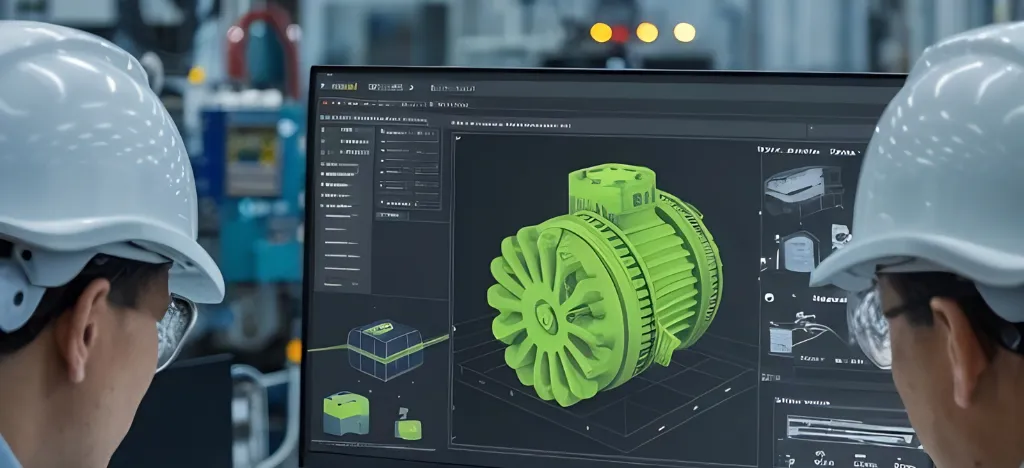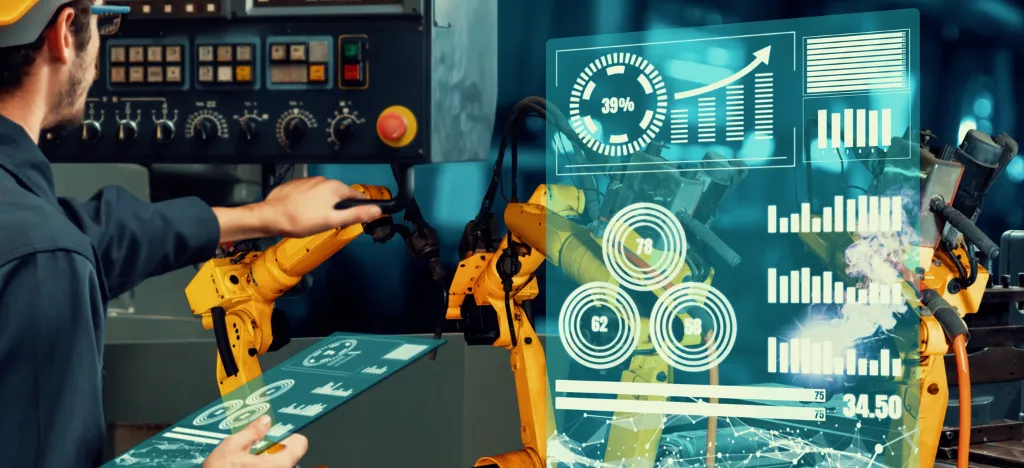Introduction
Imagine you’re running a factory with machines, people, and products moving from one step to the next without any supervision. Now imagine a system that watches everything happening on the factory floor in real time. That’s what an MES does.
A Manufacturing Execution System (MES) is software that helps you manage, track, and control everything that happens during production.
Why is MES important for manufacturers?
MES acts like the central nervous system of a factory. It connects machines, people, and data to help operations run smarter, faster, and with fewer surprises.
For manufacturers, that means:
- Better coordination between teams
- Faster response to production issues
- More predictable maintenance
- Fewer delays and rework
- Real-time visibility into performance metrics
Whether you’re running a high-volume plant or managing complex assemblies, an MES gives you the clarity needed to reduce waste, improve quality, and maximize uptime; especially when paired with predictive maintenance tools.

What are the key benefits of using an MES?
A well-implemented MES delivers real and measurable results. Here’s what you can expect:
- Improved product tracking and genealogy: Know exactly where each part comes from and where it goes.
- Fewer manual errors: Replace spreadsheets and paper trails with real-time digital records.
- Increased uptime: Feed MES data into predictive maintenance platforms like FactoryLOOK for early warning and fewer breakdowns.
- Lower costs: Optimize material use, reduce scrap, and keep production moving.
When combined with IIoT benefits, MES becomes a foundation for continuous improvement and operational excellence.

What is the difference between MES and ERP?
People often confuse MES with ERP, but in reality, they do very different things.
- ERP (Enterprise Resource Planning) handles business-wide functions like HR, finance, procurement, and supply chain planning. It tells you what to make and when.
- MES, on the other hand, operates on the shop floor. It tells you what’s actually happening and helps you fix it when things go off track.

Your Factory’s Brain
MES connects machines, people, and processes in one unified system. It tracks production as it happens, highlights deviations, and keeps your team informed with real-time insights. Give your factory a new brain by visiting vistrian.com.
